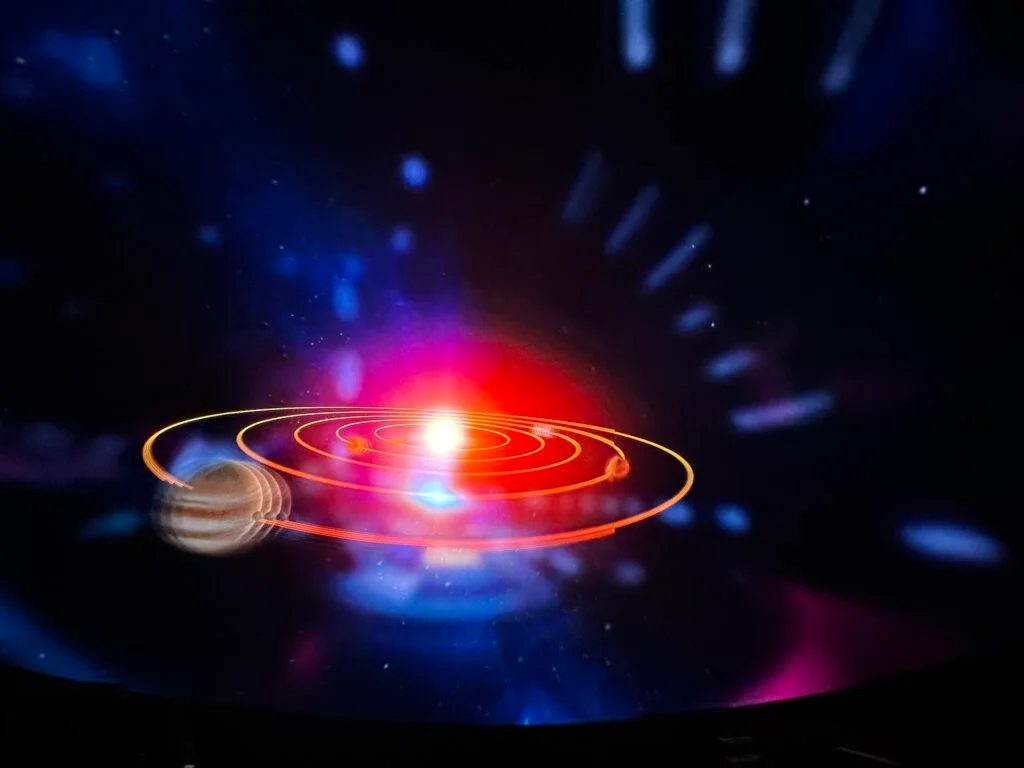Introduction
In today’s experience-driven design world, visual technology must do more than deliver content—it must seamlessly integrate with spatial concepts and elevate audience engagement. Whether it’s a performance venue, a corporate lobby, a museum, or a themed attraction, custom acoustic LED screens are enabling architects, designers, and AV specialists to turn complex concepts into immersive, high-performance realities.
This article explores how acoustic LED screens can be tailored for unique installations, covering form factors, configuration options, audio-visual synchronization, and structural customization.
What Are Custom Acoustic LED Screens?
Custom acoustic LED screens are specialized LED display systems that allow sound to pass through the screen surface while offering a high degree of flexibility in shape, size, pixel pitch, and integration method. They are designed to be adaptable to unconventional environments, supporting curved surfaces, multi-panel setups, large-scale media walls, and creative architectural elements.
Unlike standard LED screens, these systems are engineered to work within spatial and acoustic constraints while maintaining visual and sound clarity.
Why Customization Matters
Not all venues have flat walls or standard dimensions. Theaters may require concave screens for optimal audience view, museums may need curved displays for storytelling immersion, and brand experiences may demand architectural integration that includes pillars, curves, and dynamic layouts.
Customization allows:
-
Seamless integration into unique or irregular architectural features
-
Enhanced immersion by aligning with audience sightlines and sound distribution
-
Optimization of audio performance through targeted speaker placement behind screen surfaces
Key Customization Options for Acoustic LED Screens
1. Curved and Flexible Configurations
Custom acoustic LED panels can be shaped into:
-
Concave screens to wrap around an audience or exhibit
-
Convex forms to create bold visual statements in open spaces
-
Cylindrical and wave designs for art installations or panoramic storytelling
Durway’s acoustic LED modules support flexible bending radii and modular connection systems, making them ideal for non-linear environments.
2. Pixel Pitch and Resolution Customization
Depending on viewing distance and content type, pixel pitch selection is crucial. Durway offers a range of pitches including:
-
1.5mm for close-view indoor setups in museums or broadcast studios
-
1.9mm to 2.5mm for large theater or event spaces
-
Custom fine-pitch LED for ultra-high resolution visual demands
Matching pixel pitch to the environment ensures clarity without overengineering (and overpricing) the solution.
3. Modular Panel Sizing and Aspect Ratios
Custom acoustic LED screens can be manufactured in:
-
Non-standard module sizes to fit specific wall or stage dimensions
-
Ultra-wide or tall aspect ratios for panoramic or vertical storytelling
-
Edge-to-edge screen installations for seamless transitions and large-format impact
Modules are designed to be magnetically mounted and serviceable from the front or rear depending on spatial constraints.
4. Audio System Integration and Placement
Custom installations must consider both sound permeability and sound directionality. Durway supports:
-
Custom speaker layouts based on screen size and shape
-
Independent zone calibration for multi-use performance spaces
-
Integration of DSPs and equalization tools for optimized acoustic output
With the audio system placed behind the screen, custom mounting points and sound paths are carefully engineered to prevent reflection or dead zones.
5. Structural Integration and Framing
Each installation environment may have different structural or aesthetic demands. Custom framing options include:
-
Flush wall-mount frames for corporate and luxury environments
-
Hanging rig systems for event venues or pop-up activations
-
Freestanding support structures for temporary installations or trade shows
All frame systems are engineered to support remote power supply units, minimizing in-room heat and cable clutter.
Applications of Custom Acoustic LED Screens
Performing Arts Centers
-
Curved displays synchronized with immersive stage audio
-
Custom screen height to match sightlines from tiered seating
Museums and Digital Galleries
-
Multi-panel, curved storytelling walls
-
Interactive exhibits with spatial audio cues
Retail Flagships and Brand Environments
-
Seamless integration with interior architecture
-
Motion-responsive visuals with localized sound delivery
Theme Parks and Simulators
-
Dome-shaped or cylindrical screens for 360° experiences
-
Fine-tuned sound zones for realism and immersion
Corporate Spaces
-
Tailored media walls for presentations, branding, or information
-
Acoustic zones that adjust dynamically to room layout
Cost Considerations for Custom Installations
Customization typically involves higher initial costs, but delivers better long-term ROI by:
-
Reducing the need for external speakers and redesigns
-
Improving audience satisfaction and content engagement
-
Enhancing operational efficiency with modular maintenance
Durway offers project-based consultation and budget optimization, ensuring the most effective solution per square meter.
Conclusion
Custom acoustic LED screens provide unmatched flexibility, performance, and integration possibilities for any unique space. Whether your goal is visual storytelling, architectural enhancement, or immersive audience interaction, these systems offer the tools to deliver a seamless and high-impact experience.
If you’re planning a project that requires tailored AV design, explore Durway’s end-to-end services for custom acoustic LED displays at www.durway.com. Our team specializes in bringing creative visions to life through smart display engineering.








